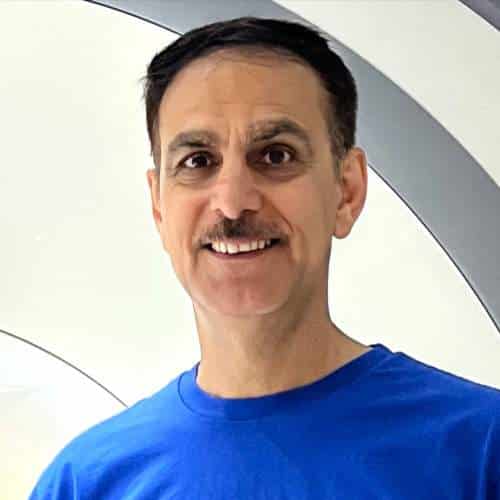What do you enjoy most about working in the lab and what are some of the challenges you face?
Working in our research institution allows me to combine cutting-edge technology with creative problem-solving. This is incredibly fulfilling. I enjoy utilising advanced MRI techniques and machine learning to uncover patterns in MS progression, treating each research question like a complex puzzle. Collaborating in a research team with clinical and analytical expertise well known on the national and international level further enriches the experience, fostering innovation through shared knowledge. However, the work comes with challenges, including the time-intensive nature of data processing, the complexity of multi-modal analyses, and the competitive environment of securing funding and publishing. Despite these hurdles, the impact of our discoveries on improving lives makes the effort worthwhile.
